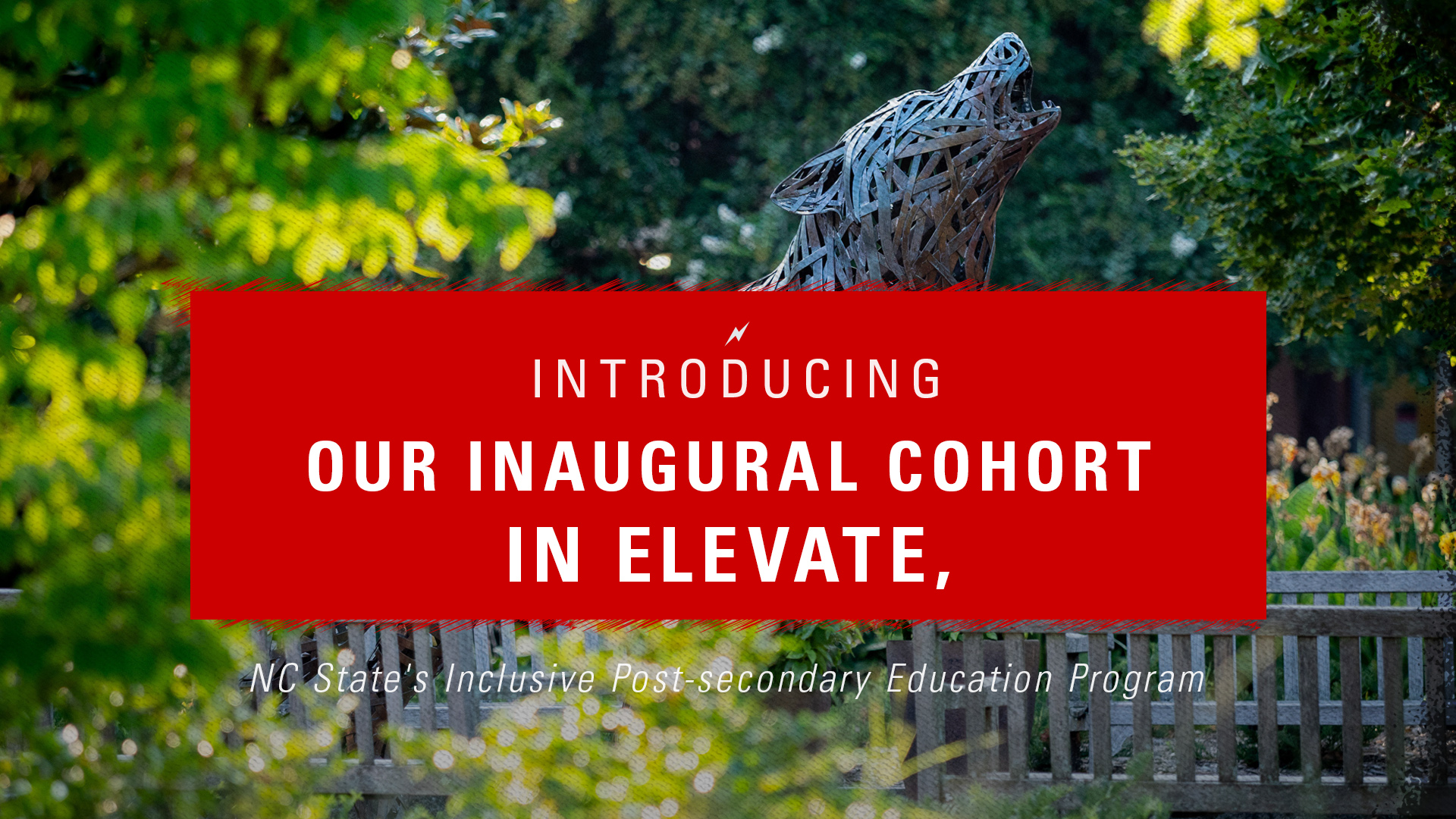Ask the Expert: What Role Do Principals Play in Student Success? Assistant Professor Timothy Drake Says Effective Principals Help Students and Teachers Achieve

This is part of the monthly “Ask the Expert” series in which NC State College of Education faculty answer some of the most commonly asked questions about education.
Principals have a demanding job, with many of their day-to-day duties involving tasks that go beyond direct interactions with students. And though they may typically spend less time each day interacting directly with students than teachers or parents do, school principals are an important factor in determining student success.
Timothy Drake, Ph.D., an assistant professor of educational leadership and policy at the NC State College of Education, says that among school-based factors, principals are second only to teachers in influencing student achievement.
“All of us who have been in schools know that principals matter. Often within a short time of entering a building we can tell when there’s a good principal and when there’s not,” said Drake, who studies policies and practices related to principal and teacher effectiveness. “When there’s a good principal, good teachers tend to be attracted to that school and they tend to stay longer. If there’s a bad principal, that’s the number one reason teachers leave.”
Even though principals don’t spend their days teaching in a classroom, they are able to indirectly influence student success through their interactions with teachers. The way a school leader organizes the building, sets a vision for the school, and manages people and data can all have a strong influence on the ways in which students achieve, Drake said.
More directly, principals are able to establish a school culture that is conducive to learning by forming strong relationships with teachers, staff members, students and parents. The ability to build those relationships is one of the most important qualities a principal can have, Drake said.
“I think it’s critical to understand that this isn’t just a job centered around building administration and the tasks principals perform. It’s primarily a job about people,” Drake said.
Not only do strong relationships bring all stakeholders on board with the vision the principal has set for the school, but it gives principals an opportunity to focus their attention on the students who may need it most. By using student data and their interactions with students, teachers and parents, principals can organize the school environment and offer support that ensures struggling students are able to receive the extra help that will enable them to succeed.
“Their concerns around equity play a really important part into the type of culture and climate that principals create,” Drake said. “I think the idea of having an equity lens and focus is definitely a hallmark of an effective principal.”
Despite the fact that principals play a large role in student success, many school districts in North Carolina and around the country face difficulties in recruiting educators to the position. Drake said that many teachers look at the breadth and scope of the job and decide that they would rather remain in the classroom. In addition, the schools that are most in need of strong leaders are typically low performing and in high-need regions, which can be intimidating.
To bring effective principals to these high-need schools, the NC State College of Education formed the Northeast Leadership Academy, an innovative principal preparation program that initially centered in northeastern North Carolina. The program, which has expanded to include other cohorts in areas like Johnston and Wake counties, has seen success in having graduates turn around low performing schools, with 90 percent of the program’s first-year principals meeting or exceeding growth in Title I schools.
In addition, Drake is the principal investigator on a grant from the Wallace Foundation that enabled the College of Education to redesign all of its principal preparation programs to create a model that provides students with rigorous coursework and a full-time internship in which they serve as principal-residents. Research shows that these school internships are the most beneficial component of principal preparation, and that high-quality internships lead to better performance on the job.
Principal internships are just one step in creating a path to the principalship, Drake said. In order to recruit more high-quality educators to the role, school districts must form a clear pipeline to help teachers understand how to take on a leadership position and get the training necessary to do so.
“When a teacher enters a building, there needs to be a clear process by which that teacher understands how they can become a leader,” Drake said, noting that teachers must know what leadership development programs are available to them. “Then, after graduation, program faculty and district leadership continue to work and build on those same skills they learned in the program, so it all feels connected.”
Drake said that working closely with district partners to meet their needs for effective principals, as well as adapting to new research in the field, are cornerstones of a successful principal preparation program that will help districts develop high-quality school leaders.
“We can’t just do things like we’ve always done them. We must also be working closely with our district partners to improve and get better,” he said.
Video by Ryan Clancy
- Categories:


